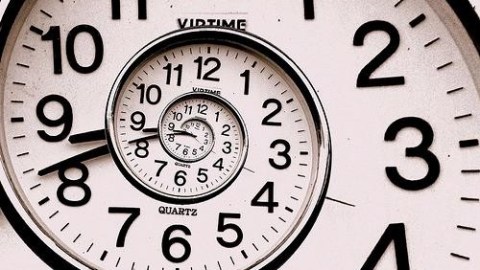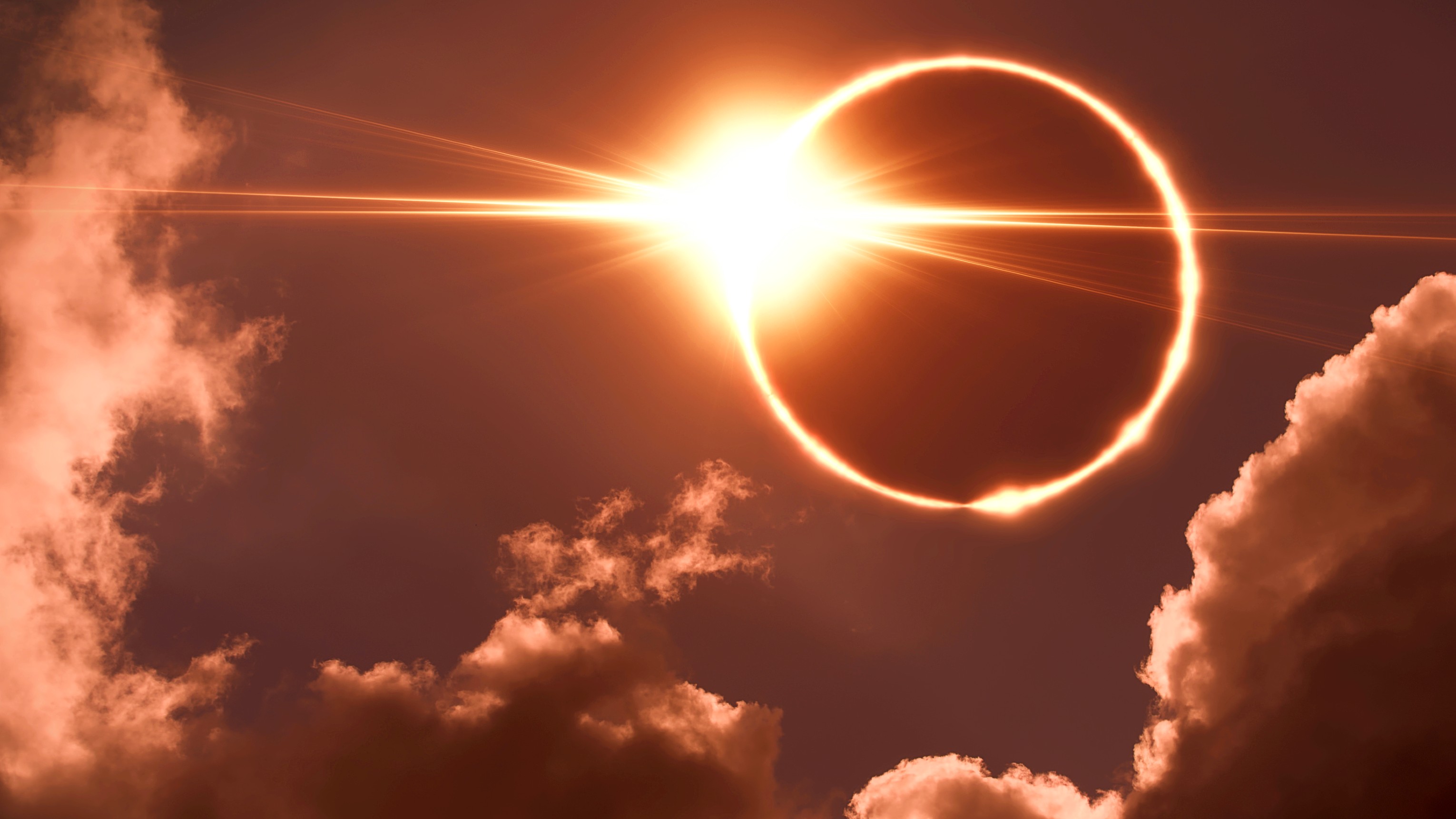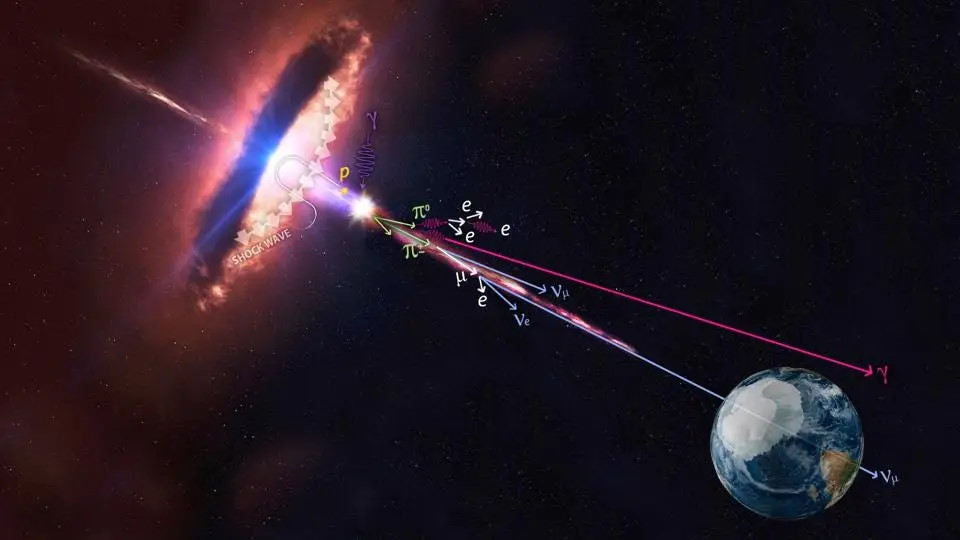When Everything Happens NOW: The Interplay of Time, Timing and Technology

M-i-s-s-i-s-s-i-p-p-i. Tick. M-i-s-s-i-s-s-i-p-p-i. Tock. And on and on… and on and on it goes. Time. It’s linear, chronological and calendrical. It used to have its own tower, then moved to our wrists, and since the middle of the 20th century has been digitally scored by our tools. It’s whole existence obeys a precise sequentiality that yields 60 seconds a minute, 60 minutes an hour, 24 hours a day, etc, etc.
Timing, however, is a whole ‘nother beast. Timing is being in tune with the moment. Being present and (un)consciously in harmony with your surroundings. Timing is perceiving the malleability of time, mindfully utilizing it to do, or just, to be. In the process of timing something you’re usually not thinking about time but rather your opportunity in time.
The Greeks distinctly separated these concepts, referring to timeas Chronos and timingas Kairos. Chronos captures the mundanity of moment-to-moment life; Kairos, on the other hand, captures the moments in life that feel like a universe in and of itself.
Think of yourself up late at night, headphones juiced with your favorite music as you delve down into the rabbit hole of some Internet backlog; Discovering some ancient or newfound wisdom; Writing code; Feeling like you are transcending all of your previous limits… Kairos is that sensation of great revelation; Chronos is the hour that’s passed on the clock.
When Plato, Aristotle and company were thinking about this duality it was simple. Chronos was measured by the sun’s rise and set, made tangible by the seasons and farming; and Kairos was the unpredictable flow states permeating the predictability of Chronos.
Today we’re still very much living the same story as the Greeks. Good food, family, friends and wine. Philosophy and conversation. Sports and competition. Love and pursuit of the good life.But accelerating technology has begun to create a sort of chasm or distortion between us and our ancestors. Of course Chronos remains constant. But the degree of Kairos in a unit of Chronos has reached an inordinate level, one that appears to be rescaling time as we know it.
This has profound implications that we need to fully understand, and it’s what Douglas Rushkoff tries to help us with in his new book “Present Shock: When Everything Happens Now”. It’s a meditation on technology’s distortion of the human being. An anthropological investigation of the digitally mediated, hyper-connected, always-on ocean of information we are swimming (and drowning) in.
The problem is predominately biological. Our meatbag self evolved in a linear and local world – one of monkeys and tigers. But today we’re navigating a global and exponential world – one of Twitters and Reddits. Our brains can’t keep up; they’re simply not designed for this landscape of ubiquitous distractions and endless outlets of communication.
Innovation is more or less the impetus of this modern malady. For some reason we humans are just never satisfied. Progress is our natural inclination like the flower leaning towards the sun. It’s how we cure disease and find new ways of sustaining a growing population, but it’s also how we lose our perspective and forget the Sisyphean nature of things.
Ever since our primal beginnings we have been manipulating our environment. Driven by adaptation and change, we bootstrap our evolution with the help of our tools; from the hand axe to the cellphone, compared to our monkey bretherin we have always been cyborgs. But the great tool overwhelmingly categorized as technology has unique elements. It accelerates. Exponentially. One year we fit 2 transistors on a semiconductor, 18 months later its 4 and half the cost. This doubling has been going on, (literally) under our fingertips since computers were invented. And we’ve reached a point where each cycle that goes by we gain access to a whole new paradigm for creation – and for interacting with our creations. It’s a whole deviation thatis not standard, growing in profundity with each jump.
I mean… don’t you feel it? Everything is speeding up. Startups can go from the garage to the front of Forbes in weeks. We have algorithms increasingly directing our lives: using past indicators to make future predictions, it’s as if the present-now is some artificially-intelligent derivative of data. Go to a concert and you’ll see see audiences are no longer watching the performance, but watching their phone as it records the performance – eagerly attempting to capture some Instagram-able moment rather than living in it. When something #trendable happens on one side of the world, seconds later everyone all around the planet is talking about it. Twitter, in this sense, operates like the central nervous system of our global brain. And sometimes it becomes evident: we have some serious anxiety issues.
Rushkoff’s Present Shock talks about how we try to cope with this new world order. From the Singularitarians to the Zombie-apocolyptics, we attempt to string narratives together to find meaning in the moment. Just as religion informed the dawn of civilized man, so too do these 21st century stories act as a shield – protecting our sanity from an overwhelming sensation of entropic change. We are trying to find the signal in the noise. But increasingly, the noise is becoming louder and louder. It’s like this treadmill we’re running on has reached a speed we can’t keep up with. Today’s prowess Kairos is being pushed into yesterday’s fleeting Chronos. It’s a collision of dizzying proportions… everything happens now.
What to make of all this? Well, first and foremost, from a product management standpoint, we should be making our technology acculturated to mankind; rather than vice versa. Some companies like Square, Uber and AirBnb get it. These are no-brainer, awesome innovations there for you when you need it, and out of the picture if not. However, these are isolated cases of satisfaction. The larger picture tells a graver story; one of O.C.D.-like behavior towards our screens and our media.
It’s this novelty in how we can design our experiences that ironically brings us back to the ancient old questions of life and our place in it. What do we do? How do we live? Why are we here and where do go from this point on? These are enigmas that have remained unsettled since the days of Grecian notions of time. But the timing of this time – the qualitative Kairos in this quantitative Chronos… it feels different. Every now and then it seems like the energy of the post-mid-twentieth-century counterculture has caught up to the mainstream: bringing with it this sense that change is coming. Faster and more powerful than ever before.With modern day technology we have an unprecedented capacity to connect, collaborate, and create; to dream, explore and discover. Within all this volatility and vivacity, a new philosophical paradigm awaits.
From thought to action, what becomes of it all is simply a matter of the collective human spirit. The communal will to harness our newfound potential for good, rather than distraction and depravity.We have the capability to re-imagine civilization. To re-invent government and economic dynamics; to upgrade our systems to the time of our day; to live a life of compassion and creativity. At the moment, however, this is all latent speculation; the flip-side of this plot-line is a downgrade towards dystopia. So does the future turn out like The Terminator or The Matrix? Or maybe Wall-E? Or is it the utopia of peace and happiness the dreamers espouse is possible? The jury is still out… but the time to decide seems to be increasingly now.





